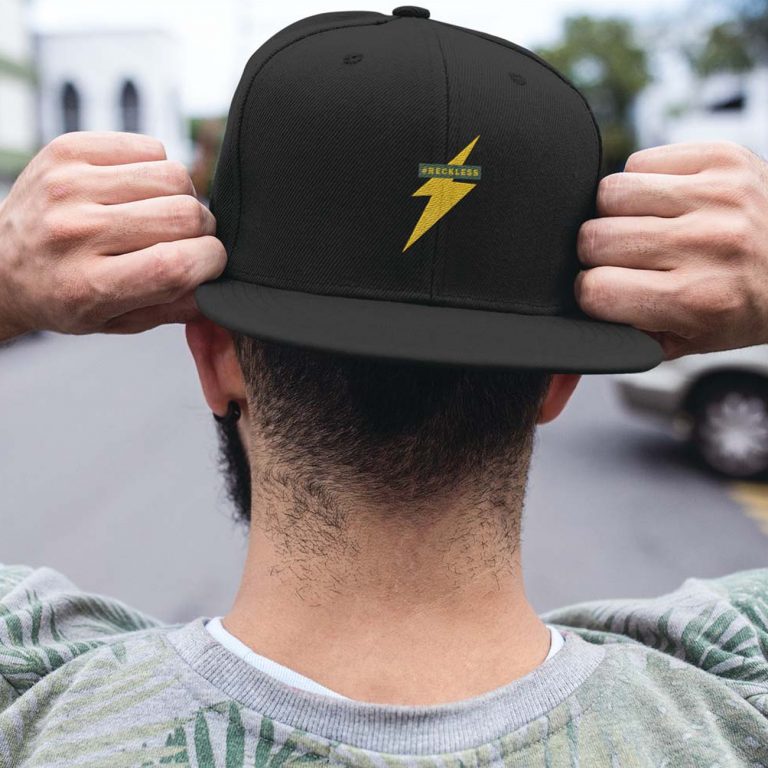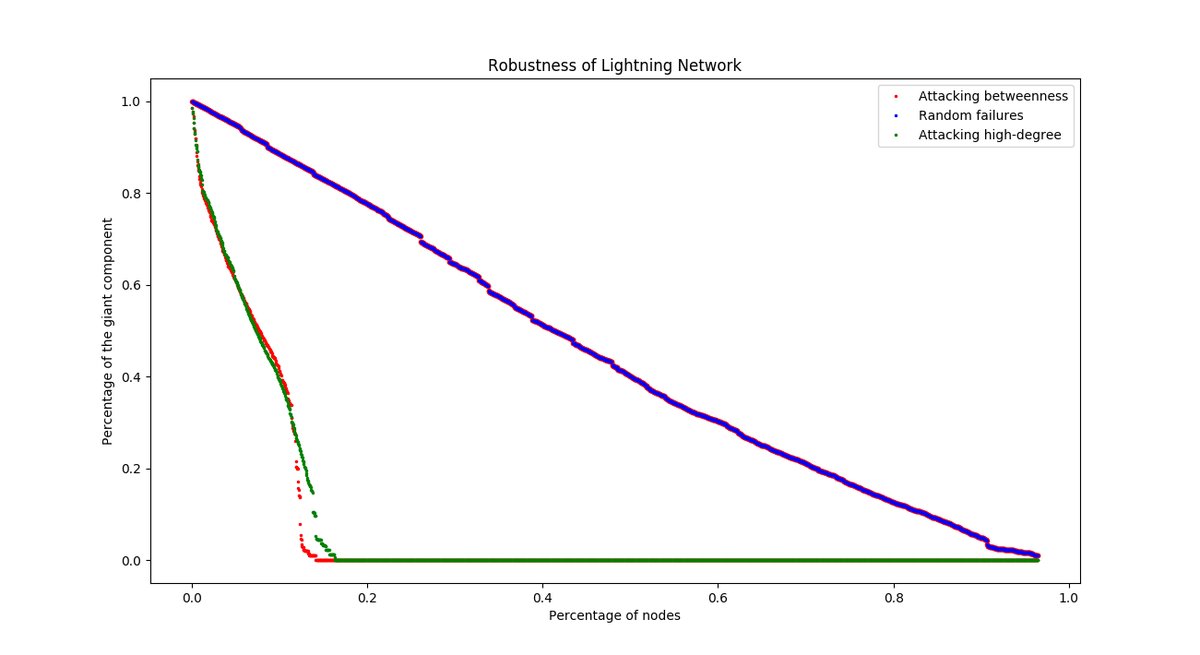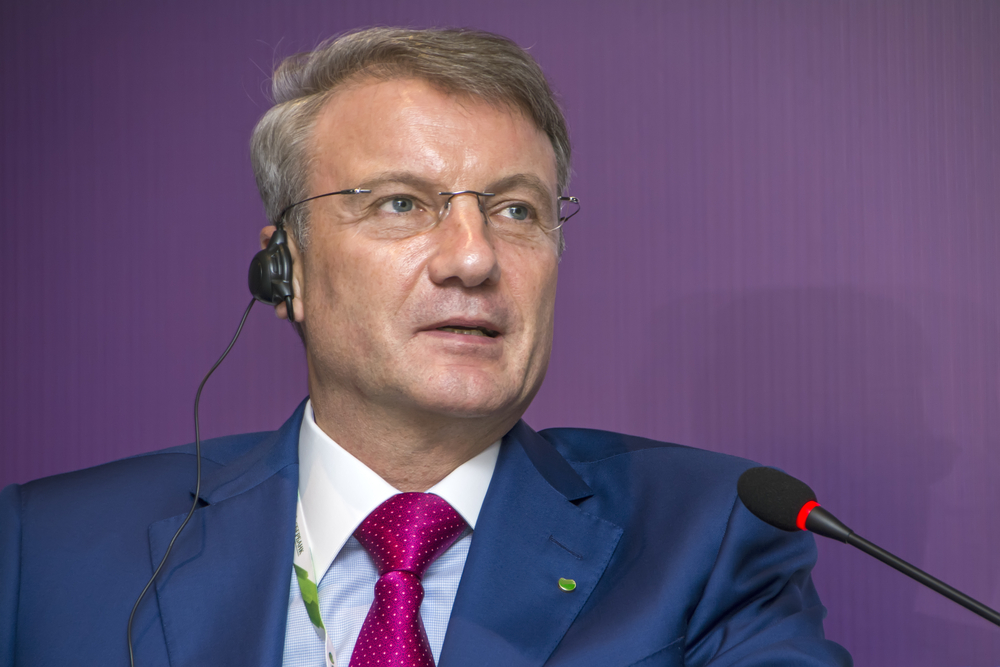//
Bianca Gates is a first-generation American, her parents having immigrated to the U.S. from Latin America. As such, she says, after waitressing her way through college at UC Irvine, she was expected to get a safe job with a 401(k) plan and to live with her parents until she was married.
Things haven’t gone exactly that way, but one can imagine Gates’s parents feeling pretty satisfied with their daughter’s trajectory nevertheless. The reason: Gates, along with cofounder Marisa Sharkey, are the cofounders of Birdies, a three-year-old, San Francisco-based footwear brand that has made it chic to step out in shoes like look like elegant slippers, and which just raised $8 million in Series A funding led by Norwest Venture Partners, with participation from Slow Ventures and earlier investor Forerunner Ventures.
Sure, another e-commerce brand, who cares. Actually, if you’re a woman and don’t own a pair yourself yet or know someone who does, there’s a high likelihood that will change soon, including because one of the company’s biggest advocates to date has been none other than Megan Markle, the actress turned Duchess of Sussex, whose fashion choices are copiously detailed by fashion sites around the world, copied by their readers, then picked up by readers’ friends.
Interestingly, Markle was never meant to step outside in the slippers. But before we explain, let’s back up a bit first, to Gates’s earlier career, which is a familiar story but also underscores the importance of grit — as well as the importance of making the right connections.
As Gates tells it from Birdie’s offices on Union Street, a kind of yuppie haven in San Francisco, “My family was living in Santa Ana and I was commuting every day to Irvine and I just wanted to spread my wings and move to a big city with a lot of diversity after graduating.” Thanks partly to her fluency in Spanish, she landed a job with the broadcast giant Univision as an account executive. After more than three years, and “realizing I didn’t want to be typecast as an Hispanic person working for Hispanic TV,” she left for Viacom, where Gates fell in love with a colleague.
He landed soon after at Stanford Business School, and after plenty of cross-country flights, the two married and moved to San Francisco to start their family, with Gates opening up an office for Viacom’s MTV in the process. But she was soon feeling antsy again. “It was really convenient for me, but I [felt] after having my first chid and working out of a satellite office that I was out of the action. I wanted to be closer to people.”
As it happens, she caught a 2011 commencement speech that Facebook COO Sheryl Sandberg delivered to Barnard College students and decided to apply to Facebook. Six months later, she landed a job leading retail partnerships, where she helped sales organizations understand what was then a new platform to them.
She also made powerful friends, including Priti Youssef Chokski, a Facebook colleague who was striking corporate and business development deals and who Gates befriended over a series of events at the home of Sandberg, who quietly hosted women of Facebook who Sandberg identified as eager to do more with their careers. “You didn’t photograph yourself there or talk about [the dinners], but it helped Priti and I form a deeper friendship,” recalls Gates.
The friendship — and Sandberg’s support — would eventually help get Birdies off the ground.
So did Gates’s obsession with finding post-work, pre-slipper-type shoes, which she says dates back a decade. “I just found that more and more, I was being asked to take off my shoes in friends’ homes and I was asking people to do the same. I thought that stylish shoes for indoors made a lot of sense, but whenever I tried to find something, the images went from bad to worse. It was either funny animal heads, or shoes you couldn’t really wear to pop outside.” Gates wasn’t sure if there was a void in the market, or if she just imagined one, but either way, her husband, “who was like, ‘I’m sick of hearing about this,’” encouraged her to pursue the idea.
She knew she couldn’t do it alone. She still had that big job at Facebook that she loved. She also had two young kids at home at this point. So Gates texted her friend, Marisa Sharkey, a former Ross Stores executive who’d moved from Manhattan to Sacramento with her own family and was feeling restless. “I texted her and said, ‘I have this crazy idea; I’ll call you tomorrow.’ Marisa texted back immediately and said, ‘Tell me what it is.’” Within no time at all, Sharkey was fully committed, putting $50,000 into the venture, alongside Gates, who also put $50,000 into the venture.
What they got for their money? Shoes that today give them both “PTSD,” jokes Gates, but that became the starting point of Birdies. 
It wasn’t so easy, but some key connections made the difference, one of which surfaced through good-old-fashioned outreach. “We basically became so obsessed with our idea that we asked everyone we talked with whether they could help. Through degrees of separation, we were connected to someone who’d just retired from the footwear business in L.A and knew some factories in China and agreed to help introduce us to them.”
It was a game changer, even if what the factories were left working with wasn’t exactly pretty. Think shoes torn apart, their innards — including their memory foam inserts — reassembled on construction paper. “The shoe industry is very small and it’s really hard to get into a factory unless you know someone,” says Gates. “It isn’t like making apparel, where you can go to a factory in South San Francisco and make 24 dresses and see how it goes. With footwear, you can’t try in small doses.”
Of course, there were still many learnings to come, starting with the realization that they had no where to store the 1,800 pairs of shoes they’d had to order — and which arrived sooner than expected outside of Sharkey’s home. (They wound up housed in her garage.)
Gates also began worrying about losing her full-time job, eventually mustering up the courage to write Sandberg to explain that she was responsible for a garage piled high with slipper shoes that she hoped to sell — then fretting about what the return email would say. As it happens, Sandberg “could have been more supportive. I even forwarded her note to my manager, saying, look, Sheryl is cool with this,” says Gates, laughing.
Fast forward several years, and Birdies is now a a legitimate, if surprisingly small, operation, one with just six employees but a big and fast-growing base of customers.
Its very first customer, Gate’s Facebook friend, Choksi, wound up being an important champion. Chokski left Facebook last year to become a venture capitalist. And as a partner with Norwest Venture Partners, she just led the firm into Birdie’s competitive Series A round, a development about which she sounds excited.
“Even that first pair — they didn’t look like the random shoes i was putting on with what i was wearing at home,” recalls Choksi. “I could also get the mail and do quick errands.” She still has them, she says. “They’re fairly worn out, but I keep them just to taunt Bianca.”
Unbeknownst to Birdies, it was Megan Markle who would put the company on the map, however. A short lifestyle piece about Birdies in the SF Chronicle got the ball rolling. “We started to gain traction,” and with that came the nascent attention of fashion editors and celebrity stylists, says Gates. But the company still had very limited resources. It had to choose one celebrity on which to focus and it zeroed in on Megan Markle, then an actor starring in a show called “Suits.”
“We just loved her casual elegance,” says Gates of Markle, whose courtship with with Prince Harry was on no one’s radar at the time. “We loved that she often wore simple button-downs and jeans and casual loafers. We also liked that she was this wonderful humanitarian.” Birdies sent Markle a complimentary pair of shoes, and to its great delight, Markle took to them. In fact, she began wearing them all them time and tagging them on Instagram, too.
There was just one problem. Markle was wearing them everywhere other than indoors. “It was this amazing, frustrating moment for the brand, because they were made for entertaining in the home.” They might have stewed longer, but a quick call with Bonobos founder Andy Dunn — who’d attended Stanford with Gates’s husband — soon set Gates and Sharkey straight. “He basically said, ‘You just fell into a much bigger opportunity.’”
A thicker rubber soul followed — along with a $100,000 check from Dunn — and the rest is history in the making. Not that it’s all a walk in the park, naturally. The company has at times had waitlists of up to 30,000 people — a problem it hopes its new round of funding will help solve.
Like a lot of e-commerce brands, it’s also wrestling with price points, offering several limited edition shoes in partnership with designer Ken Fulk last fall that “brought in a whole new customer” but were also priced at $165, roughly 30 percent more than most of its slippers, says Gates. (Birdies more recently introduced a “resort” slipper that’s priced at $95, and Gates says the company hopes to introduce other, more affordable designs down the line.)
There’s also the challenge of figuring out which new markets to chase while simultaneously hiring, fast. Choksi and Norwest, which has reach into many consumer brands, is helping on the latter front. Meanwhile, Gates says to expect more in the way of bridesmaids’ slippers, as well as other new designs coming this spring and summer.
Like any successful startup, Birdies also seems poised to see more copycat designs, though Gates doesn’t seem terribly concerned, not yet.
“We’ve had friends tell us that Target is offering a similar slipper at a different price point. Everybody copies everybody,” she says. “It’s our job to create a brand beyond the silhouette of a slipper, because that can be knocked off, it’s not defensible. What is defensible is why [a customer] is buying Birdies, and why she is telling her friends to shop us. It’s our job to give her more than a product, to lift her up. That’s the mission of the company.”
Birdies has now raised roughly $10 million altogether, including $2 million in seed funding led by Forerunner in the fall of 2017.
Above, left to right, cofounders Bianca Gates and Marisa Sharkey. Photo courtesy of Birdies.

from Startups – TechCrunch https://tcrn.ch/2CtNySw


 Hashfast, Alydian and Cointerra are more examples that suffered similar fates, with long term datacenter leases but falling revenue. Bearish market conditions evidently also exacerbated Giga Watt’s problems. BTC extraction has become less profitable due to a slump in prices, leaving many miners on the brink of collapse. As news.Bitcoin.com reported last week, some mining operations are packing up and moving to countries such as Mongolia, seeking benefits such as cheaper electricity and cooler climate.
Hashfast, Alydian and Cointerra are more examples that suffered similar fates, with long term datacenter leases but falling revenue. Bearish market conditions evidently also exacerbated Giga Watt’s problems. BTC extraction has become less profitable due to a slump in prices, leaving many miners on the brink of collapse. As news.Bitcoin.com reported last week, some mining operations are packing up and moving to countries such as Mongolia, seeking benefits such as cheaper electricity and cooler climate. 







 On Thursday,
On Thursday, 
 Coinme has been in the cryptocurrency automated teller machine (ATM) and kiosk business since 2014 and was the first state-licensed Bitcoin ATM company in the country. Last May the company deployed a slew of ATMs in California, bringing its total locations in the state to 23. Coinme also provides a vertically-integrated digital wallet, digital exchange, and crypto investment services, including IRA and 401K plans. The company says it plans to continue to expand in the U.S. and worldwide and the partnership with Coinstar is part of this major expansion progress.
Coinme has been in the cryptocurrency automated teller machine (ATM) and kiosk business since 2014 and was the first state-licensed Bitcoin ATM company in the country. Last May the company deployed a slew of ATMs in California, bringing its total locations in the state to 23. Coinme also provides a vertically-integrated digital wallet, digital exchange, and crypto investment services, including IRA and 401K plans. The company says it plans to continue to expand in the U.S. and worldwide and the partnership with Coinstar is part of this major expansion progress. 





